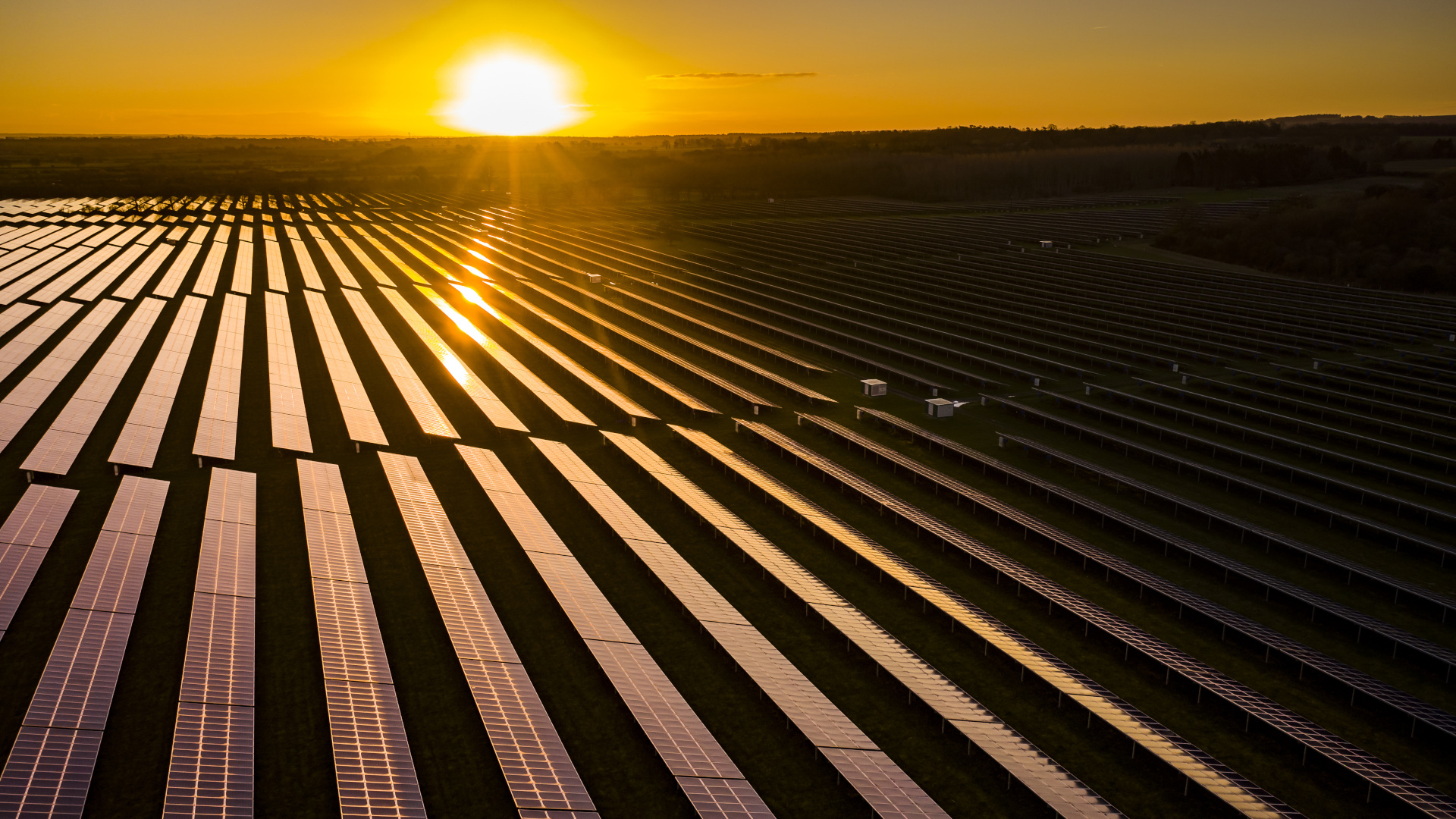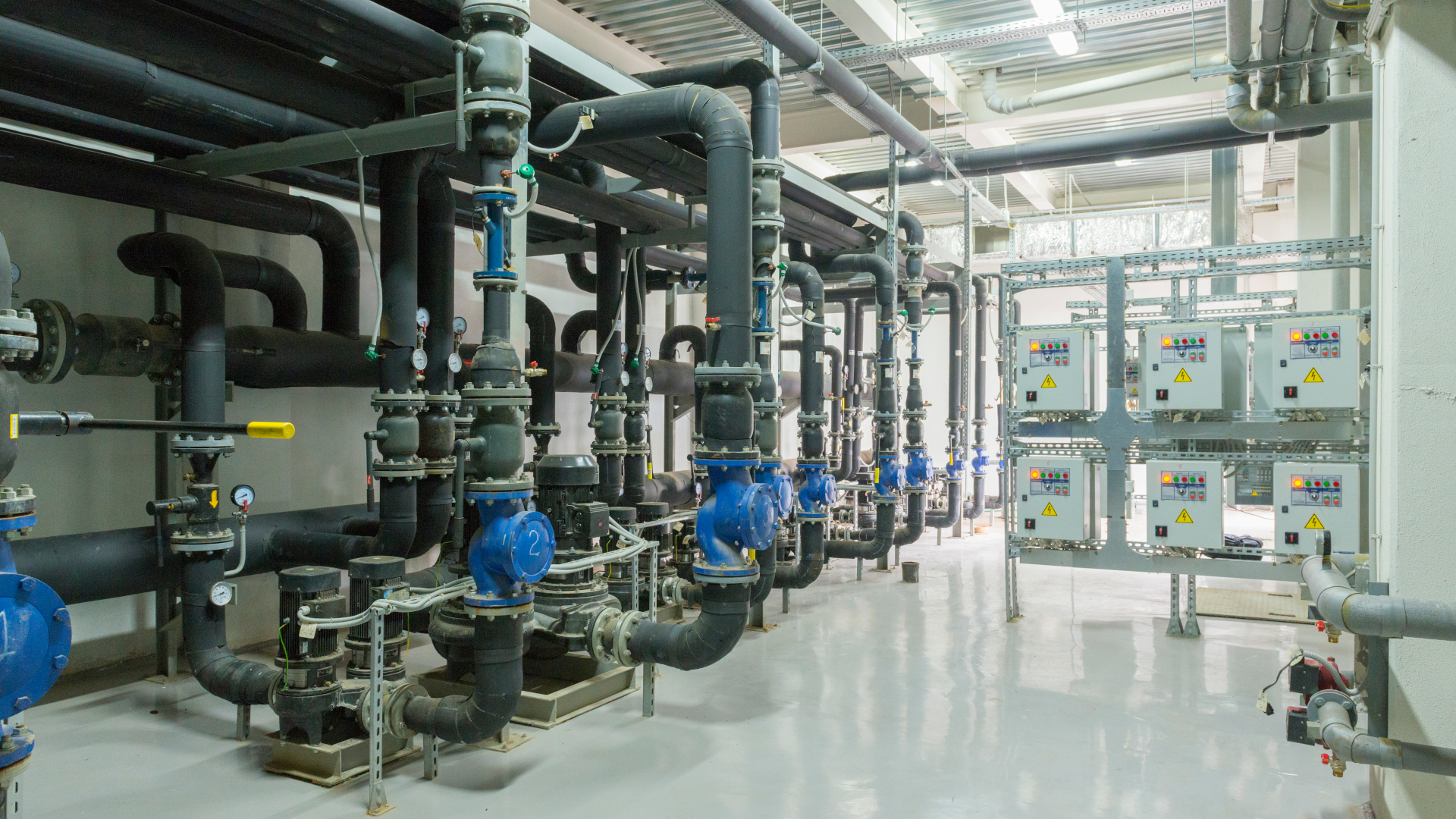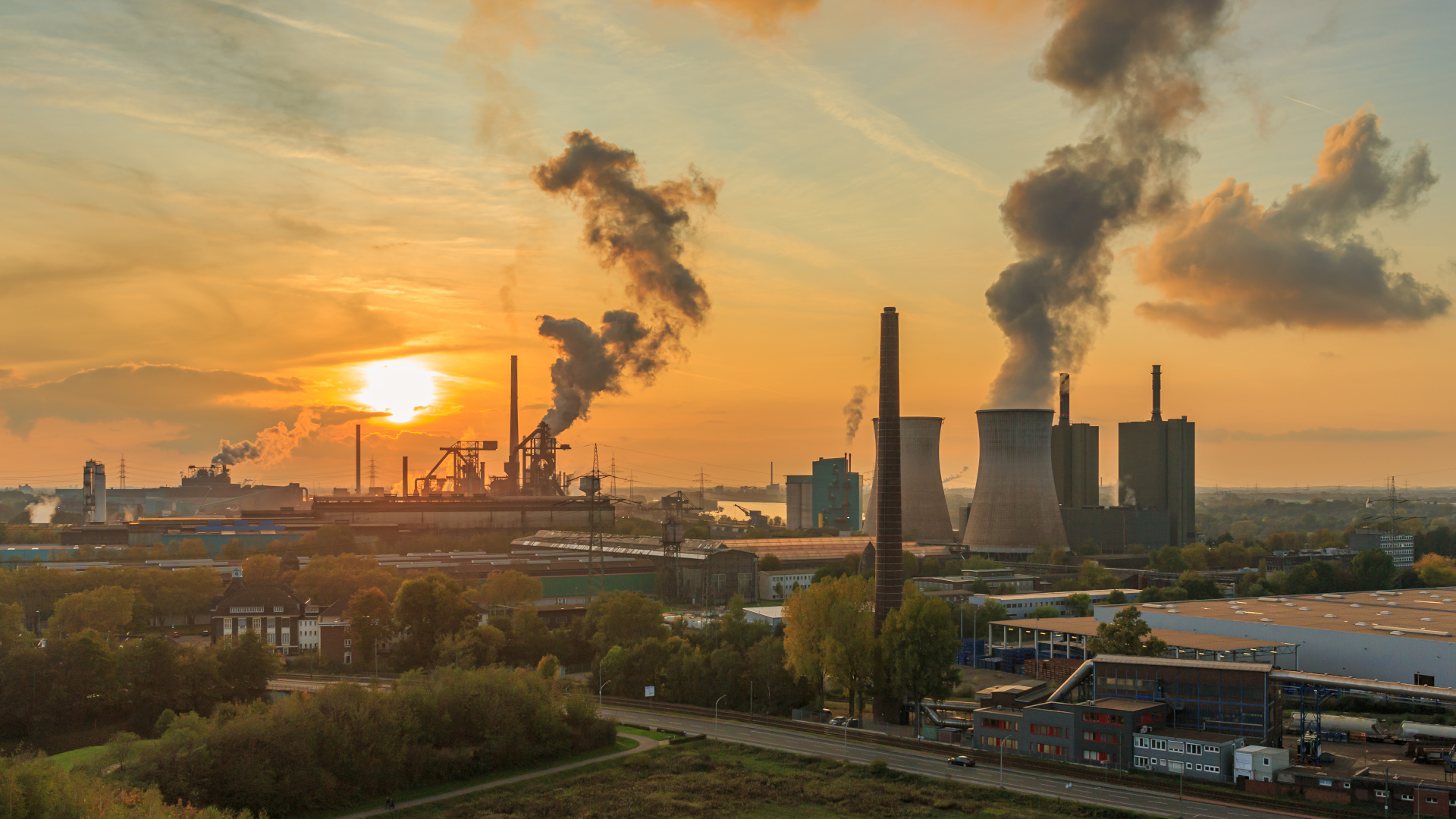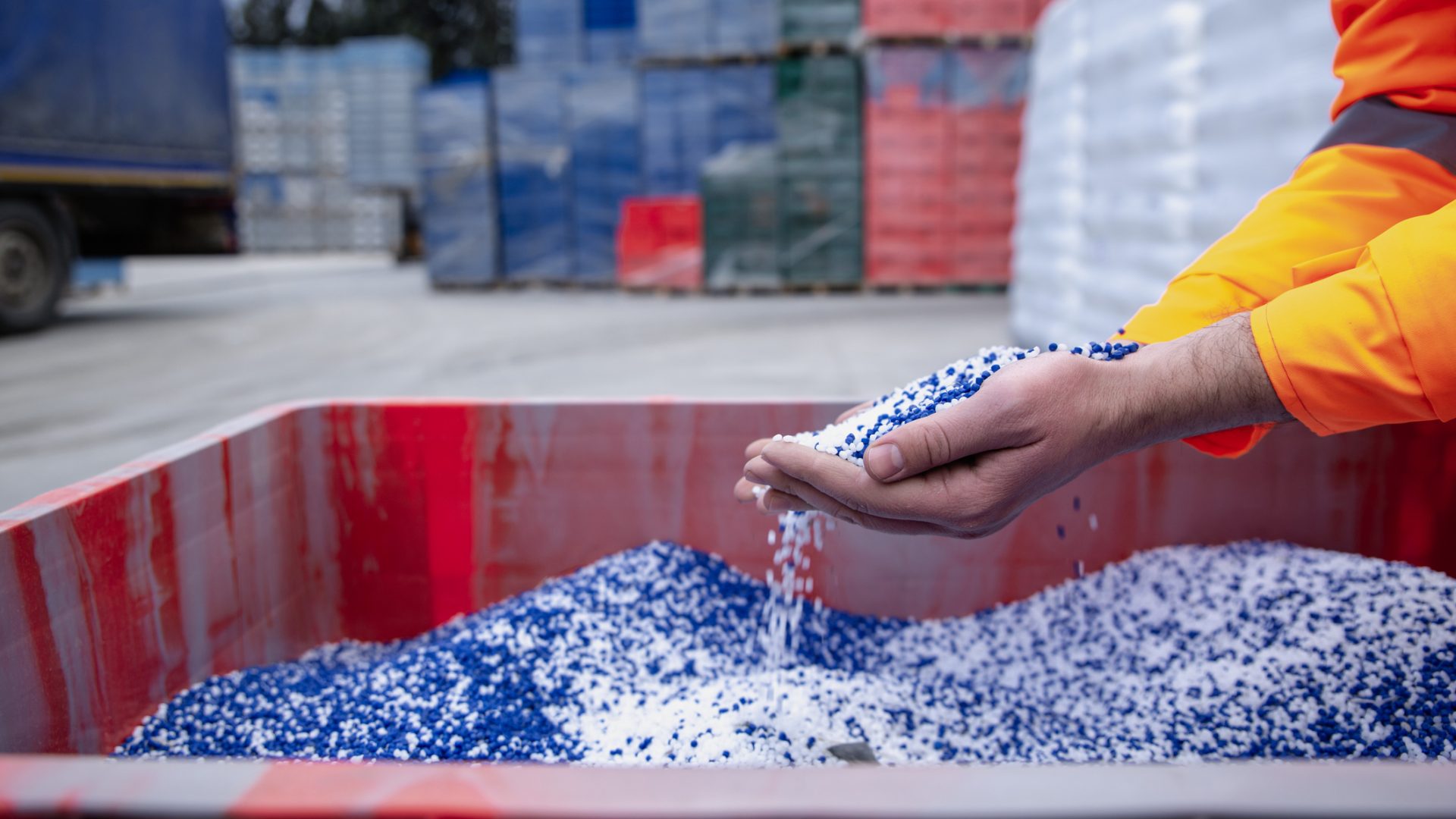For over a decade (since 2012) we at Decerna have been providing a range of Life Cycle Assessment services, to understand the impacts of the supply chain of your products, services and organisation.
We perform Life Cycle Assessments (LCA) compliant with ISO 14040/44 for a range of technologies. As one of the UK’s longest-established LCA consultancies, we have worked in the field of LCA since 2012, meaning we have been providing LCA for longer than almost any other UK based consultancy. Our LCAs range from single product Environmental Product Declarations, through to large carbon capture due diligence assessments for Direct Air Capture (DAC) and systems based on Biomass Energy Carbon Capture and Storage (BECCS) and other carbon capture technologies. We provide LCAs studies for research projects, commercial development, companies, and help create policy and regulation.
We have expanded our LCA services to deliver comprehensive carbon reporting solutions through to providing Environmental Product Declarations, Carbon Border Adjustment Mechanism certificates and 45Q tax credits.
- Life Cycle Assessment (LCA)
- Environmental Product Declarations (EPD)
- Carbon Border Adjustment Mechanism (CBAM)
Life Cycle Assessment
Life Cycle Assessment (LCA) is the assessment of the environmental impacts of the full supply chain of a process.
We can provide detailed ISO 14040/14044 compliant studies, enabling you to compare products, and to identify hotspots within your process where there are large environmental impacts.
Impact categories
We provide assessments that cover a wide range of impact categories, including climate change, toxicity, eutrophication, particulate matter, ionising radiation, ozone depletion and others. We usually use ReCiPe Hierarchist Mid Points
Software
The software we usually use is openLCA, and the databases we usually use are Ecoinvent and Agribalyse. For Social impacts (S-LCA) we use the SOCA database. openLCA is an open source, fully transparent and auditable software which ensures your customers, investors, and regulators have full faith in the LCA study.
Monitoring
We utilise the skills and expertise of our teams, which is mainly used on energy efficiency studies and field trials, to install a range of energy monitoring systems within facilities, to understand the exact energy use, to feed into the LCA models.
Specialism
Our specialisation within LCA is the comprehensive assessment of carbon capture technologies, microorganisms, wood based products, composites, renewable energy and biofuel-based products.
Funded projects
We have worked on funded LCA projects via Horizon Europe, Horizon 2020, FP7, Innovate UK and ERDF. If you require a partner for your LCA work package, please do get in touch. Please note we are open to commercial projects
Environmental Product Declation (EPD)
An Environmental Product Declaration (EPD) is a verified and registered report that communicates transparent and comparable information about the environmental impact of a product, based on its Life Cycle Assessment (LCA). EPDs are becoming increasingly important for companies as they allow them to meet environmental regulations and provide customers with transparent information about the sustainability of their products. EPDs cover a wide range of environmental indicators, including climate change, energy consumption, water consumption, and waste generation, allowing companies to identify areas for improvement in their environmental performance.
At Decerna, we deliver independently verified and ISO 14025-compliant EPDs, which are provided by our experienced and knowledgeable LCA team.
Our EPD delivery covers the UK, Europe, India, China, US and Brazil. However, we are open to work in other geographies as well.
Our studies generally cover energy generation/storage/transmission/efficiency products, bio-based materials, carbon capture and utilisation related systems, and composites.
Carbon Border Adjustment Mechanisms (CBAM)
The EU’s Carbon Border Adjustment Mechanism (CBAM) is a new system that puts a carbon price on imports of certain goods to prevent ‘carbon leakage’. This ensures that European emission reductions contribute to global emissions reductions instead of pushing carbon-intensive production outside Europe. CBAM will initially cover iron and steel, cement, fertilizer, aluminium, hydrogen and electricity generation.
During the CBAM transitional period from October 2023 to December 2025, importers of CBAM goods into the EU must report quarterly on the embedded emissions in those goods, without paying a financial adjustment. From 2026 onwards, importers will need to purchase CBAM certificates corresponding to the embedded emissions.
Decerna’s LCA expertise enables us to help companies comply with CBAM by:
- Accurately quantifying the actual embedded emissions in CBAM goods using ISO-compliant lifecycle assessment (LCA) methodologies
- Preparing the required quarterly CBAM reports to submit via the CBAM Transitional Registry
- Advising on data collection and emissions calculation requirements
- Providing guidance on how default values and alternative calculation methods can be utilized
With our deep knowledge of LCA databases, tools and standards coupled with extensive experience assessing renewable energy, biofuels, and carbon capture technologies, Decerna is ideally positioned to support importers and manufacturers in navigating CBAM obligations. Our CBAM services ensure full compliance while minimizing financial impact through optimal emissions calculation strategies. Contact us to discuss how we can assist with your CBAM compliance and reporting needs.
Carbon Reporting
We can report on the carbon emissions of your organisation, utilising the latest UK government BEIS metrics to cover all Scope 1, 2, and 3 emissions. Through this reporting, we can give you a strong understanding of the carbon emissions of your organisation.
Net-Zero carbon reduction plans
We can work with you to benchmark the carbon emissions of your products, services and organisation. Using a combination of skills from the teams within Decerna, we can provide your organisation with a bespoke Net-Zero plan – whatever your targets. These plans align with the UK Government’s procurement policy note (PPN) 06/21 requirements.
Other sustainability assessments
We can provide a range of sustainability assessments, using a wide range of methodologies. If you wish to look at something outside of those methods listed, please do get in touch.
The other elements of our business focus on energy audits, field trials, techno-economic studies of renewable energy and grid connection, all of these can be brought together to offer a full sustainability appraisal of your business or product.
Publications
We are authors or co-authors on a number of published articles and book chapters, a sample of these can be found below;
Partners
We work closely with the Portuguese organisation GreenCoLab on a range of microalgae LCA projects.
Contact Decerna For Expert Environmental and Social Assessment Services
Ready to discuss your needs? Contact our team of experts today:
Email: info@decerna.co.uk
News & Insights View all
4 October 2023
The beginning of the Carbon Border Adjustment Mechanism (CBAM)
CBAM is the system linking import tariffs and carbon emissions.
Read story7 October 2022
European Commission Publishes Guidelines for life cycle assessment of carbon capture and utilisation
A team of experts employed by the European Commission have completed a document to provide scientific guidelines to understand the climate change impact of producing products from captured carbon dioxide
Read story







